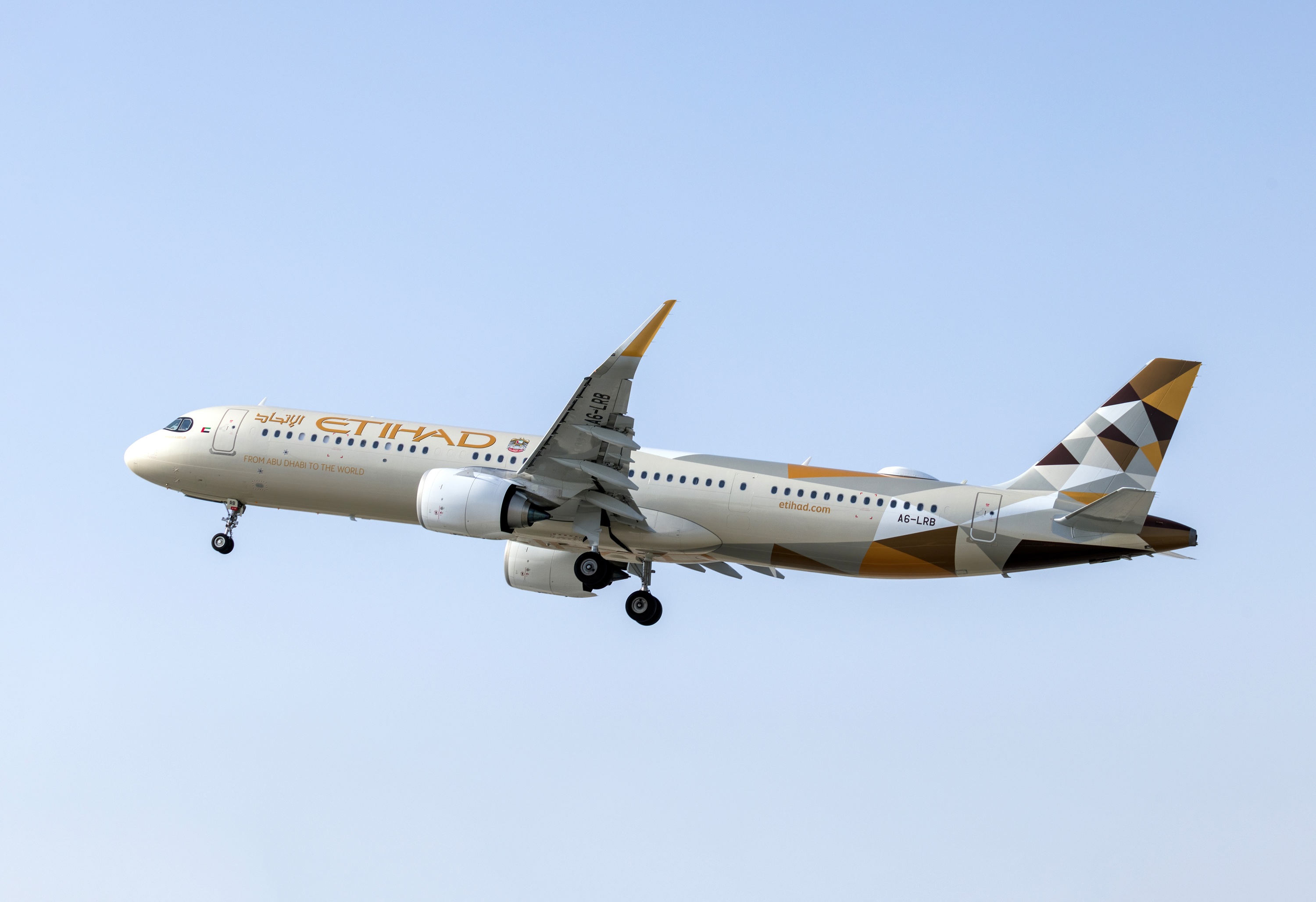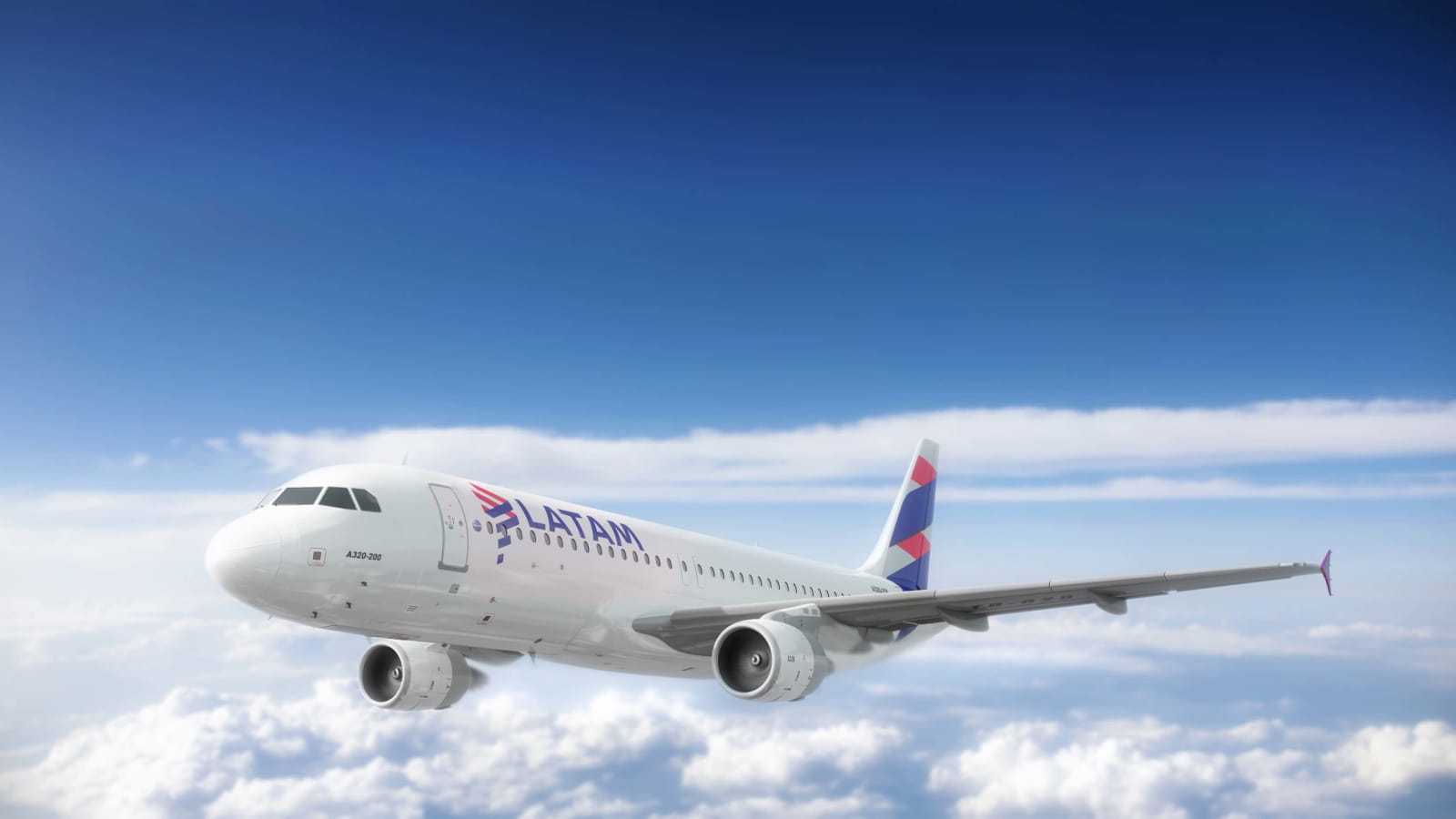April 29, 2020
ForwardKeys research shows consumers still want to travel amidst booking decline
Travel analytics firm, ForwardKeys, has released research showing the extent of the collapsein aviation in the wake of the COVID-19 outbreak. In the year to 19thApril, air travel fell to exactly half of what it was in the equivalent periodlast year. The cancellation rate peaked in mid-March and global aviation seatcapacity has fallen from over 40 million seats in operation to less than 10% ofthat number today. However, despite the decline of demand, flight searchdata reveals that consumers are still want to travel.
The year-to-date drop-off inflight arrivals has been most severe in the Asia Pacific region, where theoutbreak started, down 56.1% on the equivalent period in 2019. Europe is next,with arrivals down 50.2%. Travel to Africa & the Middle East is down 42.6%;and travel to the Americas is down 39.8%. However, with over 90% of all flightscurrently grounded, the year-to-date trend is set to deteriorate substantiallyin the near term.

ForwardKeys’ analysis ofyear-to-date flight bookings shows that they are 86.8% down compared to thefirst 15 weeks of 2019. Bookings from Asia Pacific are down by more than 100%,which means that in the period, new bookings were outweighed by cancellations.Bookings from Europe were down by 84.7%, from the Americas were down by 75.9%and from Africa & the Middle East were down by 71.4%. Throughout March,there have been effectively no new bookings, as well as a massive wave of cancellations– and that pattern has continued into the first two weeks of April.

ForwardKeys has alsoundertaken an analysis of flight searches done in several countries duringMarch, when most of the population has been in quarantine. It reveals that theyare still researching foreign travel and, furthermore, that they have adisproportionate interest in long haul travel in the third and fourth quartersof the year. Countries researched include France, Italy, Japan, Spain and SouthKorea.

Olivier Ponti, VP Insights,ForwardKeys, said: “Whilst we are currently looking at a catastrophiccontraction of the aviation market, with a tiny proportion of flights still inthe air, carrying cargo, repatriations and essential travel, there are somenoteworthy patterns in the data to bear in mind. First, the peak for summerholiday bookings is in May, so if the lockdown can end soon, there may yet be achance to rescue the summer season, at least partially. Second, flight searchdata strongly suggests that consumers aspire to travel; so, once therestrictions are lifted, the market will eventually come back.”




